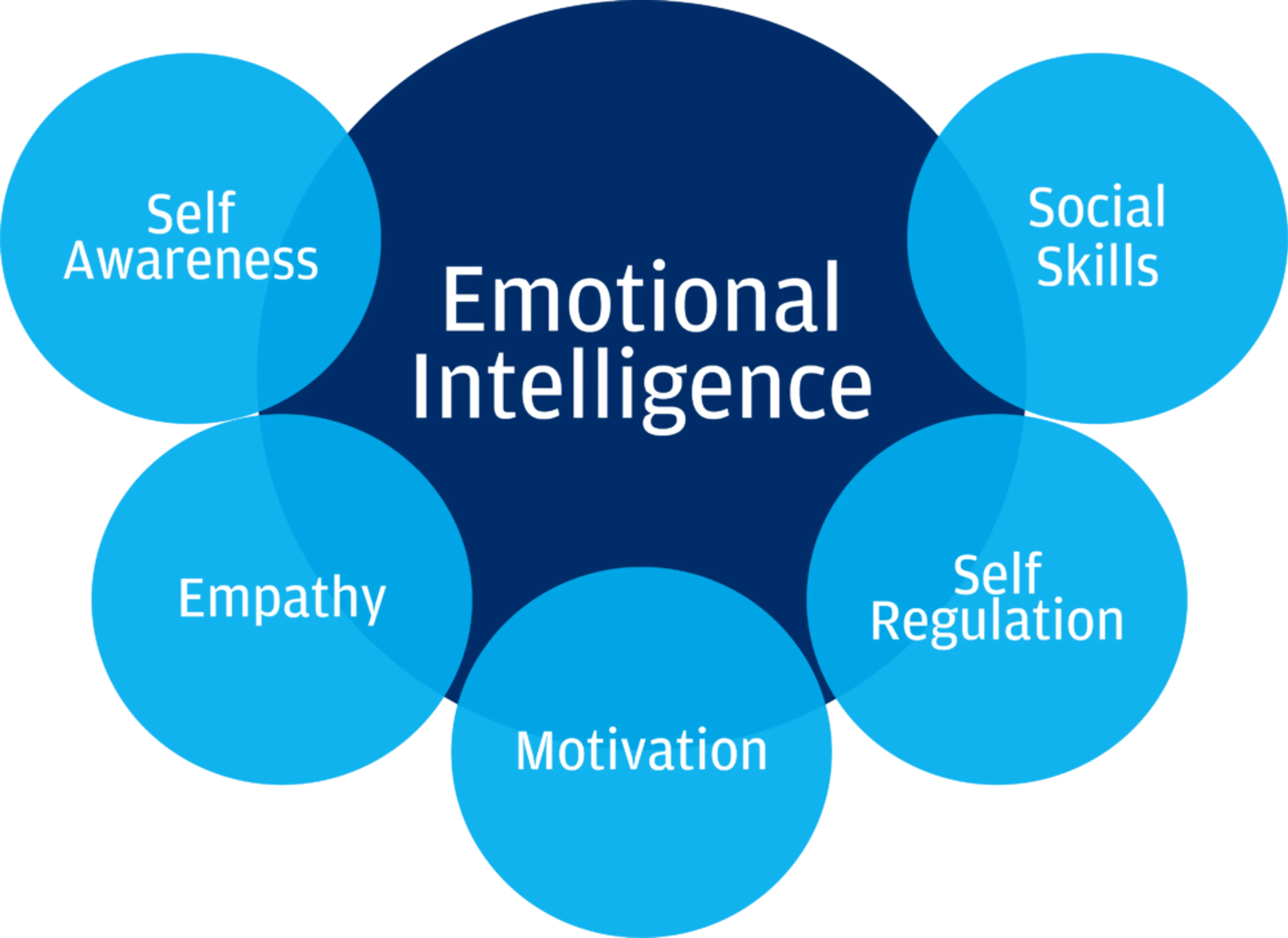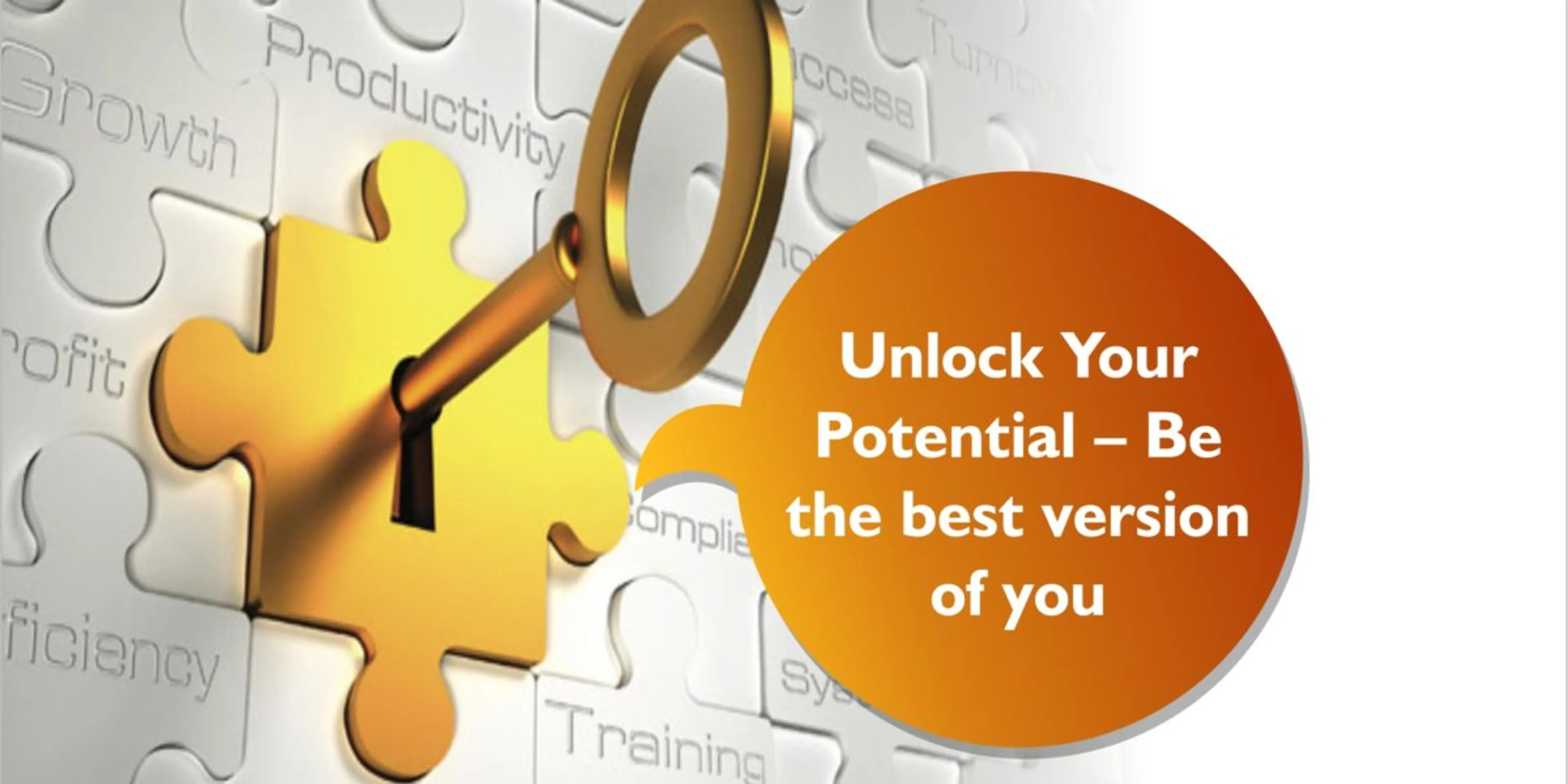
Introduction
Emotional intelligence (EI) has emerged as a critical factor in determining personal and professional success. Unlike traditional intelligence (IQ), which focuses on cognitive abilities, EI pertains to the capacity to recognize, understand, manage, and harness emotions—both one's own and those of others. In this essay, we will explore the profound impact of emotional intelligence on personal and professional success, the components of EI, strategies for enhancing it, and real-world examples of individuals who have leveraged their emotional intelligence to achieve remarkable accomplishments.
The Significance of Emotional Intelligence
Emotional intelligence is often cited as a more accurate predictor of success than IQ. It influences our relationships, decision-making, and overall well-being. In personal life, high EI enables individuals to form healthier connections, navigate conflicts effectively, and experience greater life satisfaction. In the professional realm, EI is instrumental in leadership, teamwork, conflict resolution, and career advancement.
The Components of Emotional Intelligence
Emotional intelligence comprises several key components:
Self-Awareness: The ability to recognize and understand one's own emotions, strengths, weaknesses, and triggers.
Self-Regulation: The capacity to manage and control one's emotions, avoiding impulsive reactions and demonstrating emotional stability.
Empathy: The skill of understanding and considering the emotions and perspectives of others, fostering better interpersonal relationships.
Social Skills: The proficiency in building and maintaining positive relationships, including effective communication, conflict resolution, and collaboration.
Motivation: The drive to set and achieve personal and professional goals, often fueled by a passion for self-improvement and a desire to contribute to a greater cause.
Strategies for Enhancing Emotional Intelligence
Enhancing emotional intelligence is a lifelong journey that involves deliberate practice and self-reflection. Here are some strategies to develop and strengthen your EI:
Self-Reflection: Regularly take time to assess your emotions, actions, and reactions. Journaling can be a valuable tool for self-awareness.
Practice Empathy: Put yourself in others' shoes, actively listen, and seek to understand their perspectives without judgment.
Manage Stress: Learn stress-reduction techniques such as mindfulness, deep breathing, or physical exercise to better handle challenging situations.
Seek Feedback: Solicit feedback from trusted individuals to gain insights into how your emotions and actions impact others.
Develop Communication Skills: Work on your communication skills, including active listening, assertiveness, and the ability to express emotions constructively.
Set Goals: Establish clear, achievable personal and professional goals to stay motivated and focused on self-improvement.
Real-World Examples of Emotional Intelligence
One notable example of emotional intelligence in action is the leadership of Nelson Mandela during South Africa's transition from apartheid to democracy. Mandela's ability to forgive his oppressors, unite a divided nation, and build strong relationships with political rivals showcased exceptional empathy and social skills.
In the business world, leaders like Howard Schultz, the former CEO of Starbucks, exemplify the role of emotional intelligence in corporate success. Schultz's emphasis on employee well-being, strong team dynamics, and empathetic leadership played a pivotal role in Starbucks' growth and positive workplace culture.
Conclusion
In conclusion, emotional intelligence is undeniably the key to personal and professional success. It influences the quality of our relationships, our leadership abilities, and our overall life satisfaction. Recognizing and developing emotional intelligence is a worthwhile investment in oneself. By cultivating self-awareness, empathy, and effective communication, individuals can harness the power of EI to achieve remarkable accomplishments and create positive change in their personal and professional lives. As we navigate an increasingly complex and interconnected world, the importance of emotional intelligence continues to grow, making it an indispensable skill for the 21st century.


